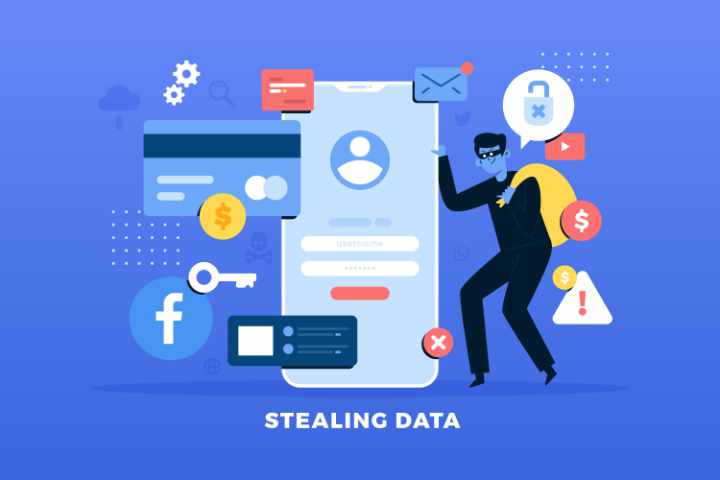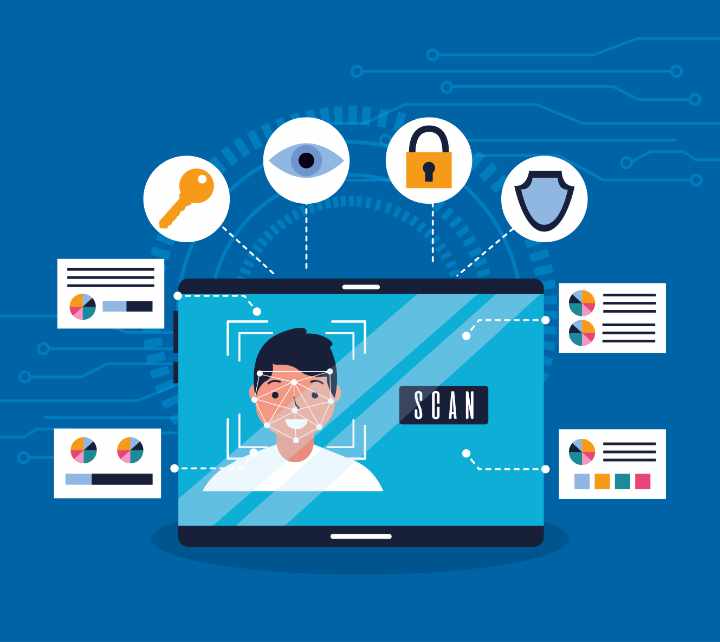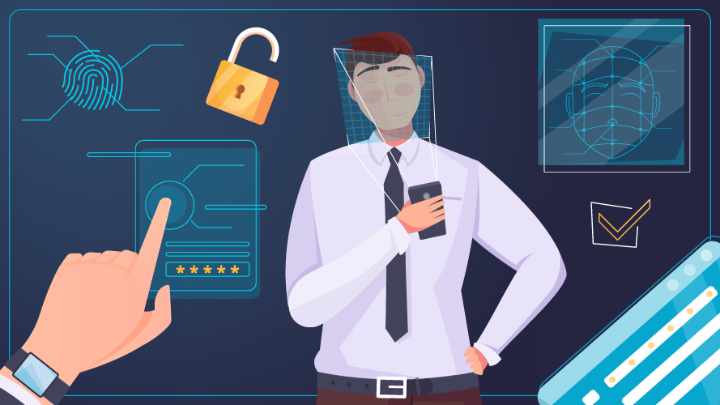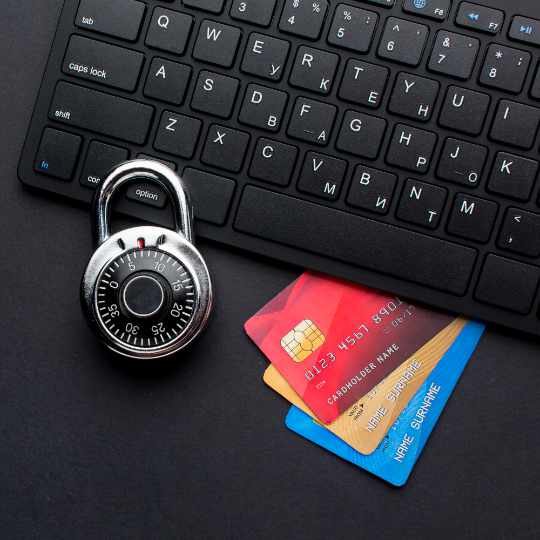Identity theft is a rapidly escalating issue in Nigeria, as the country’s growing digital landscape and increased reliance on technology have created new avenues for cybercriminals to exploit personal information. The increase in online transactions, social media, and digital government services has led to a proliferation of sensitive personal data, making Nigerians increasingly vulnerable to identity theft.
The threat of identity theft in Nigeria is particularly acute due to the limited awareness and understanding of the issue among the general population. Perpetrators in Nigeria often target individuals with limited cybersecurity knowledge, utilising tactics such as collaboration with corrupt security agents and bank officials, international networking, and even traditional supernatural methods.
Common Types of Identity Theft and Sensitive Information at Risk

The most common forms of identity theft in Nigeria include online fraud, such as phishing scams, the misuse of personal banking details, and the exploitation of personal information through fraudulent job applications and other online activities. Sensitive personal information at risk includes names, addresses, national identification numbers, bank account details, and other financial data, all of which cybercriminals can use to impersonate individuals and commit various forms of fraud.
Effective Measures to Safeguard Personal Information
Nigerians must adopt a comprehensive approach to protecting their personal information to combat the growing threat of identity theft. This includes using solid and unique passwords, enabling multi-factor authentication, regularly updating security software, and closely monitoring bank accounts and credit reports. Employers and organisations should also provide employee training on data security and implement cybersecurity awareness programs to educate the public on the risks of identity theft and effective preventive measures.
Personal Sensitive Information at Risk

Safeguarding your sensitive and personal information is highly imperative in the emerging digital world, and the rapid way information flows across various borders makes it more critical for every individual to ensure that personal data is always protected. Individuals and organisations can employ multiple measures to protect personal information and mitigate the risks of identity theft in Nigeria.
You can protect your personal and sensitive information using the following ways:
- Use of Strong and Unique Passwords
Passwords are the first line of defence in safeguarding personal information. It is critical to create robust, highly unpredictable passwords for all accounts and ensure you avoid using the same password on various platforms. - Enabling Multi-Factor Authentication
Enabling multi-factor authentication (MFA) for all accounts is recommended to enhance security further. It provides an additional layer of verification, thus making it highly daunting for identity thieves to access your sensitive information illegally. - Regularly Updating Security Software
Keeping all software, including operating systems, antivirus, and other security applications, up to date is essential. - Protecting Financial Information
You must protect your personal information, notably your financial institution’s account numbers, credit card numbers, and payment information, thus safeguarding unauthorised use. - Monitoring Bank Accounts and Credit Reports
Monitoring bank accounts and credit reports can help detect suspicious activities or unauthorised transactions. - Using Credit Monitoring Services
Utilising credit monitoring services can provide early detection of identity theft and enable prompt action to mitigate the impact. - Anti-Phishing Measures
Recognising and avoiding phishing attempts is crucial, as they are a common tactic identity thieves use to obtain personal information) - Secure Communication Channels
Ensuring secure communication channels, such as encrypted messaging apps or virtual private networks (VPNs), can help protect sensitive information during online interactions. - Cyber Hygiene Practices
Cultivating good cyber hygiene habits, such as regularly backing up data and securing personal devices, can further enhance the protection of personal information. - Encryption and Data Anonymization
Employing encryption and data anonymisation techniques can safeguard sensitive information from unauthorised access.
The Legal Institutional Support for Personal and Sensitive Data in Nigeria

The Nigeria Data Protection Regulation (NDPR) is a groundbreaking legislation enacted in 2019 to safeguard individuals’ privacy and personal data within the Nigerian jurisdiction. This regulation is a crucial step forward in Nigeria’s efforts to establish a robust legal framework for data protection, which has become increasingly important as the country experiences a rapid digital transformation.
The regulation aligns closely with international data protection standards, including the EU’s General Data Protection Regulation (GDPR), and shares many fundamental principles and provisions. These include requirements for data controllers and processors to obtain consent, provide data breach notifications, and adhere to cross-border data transfer regulations. Consequently, the law grants individuals the right to access, amend, and request the erasure of their data.
However, the regulation has its limitations. Certain aspects, such as potential data localisation requirements, still need to be considered by widely accepted privacy norms. Despite these challenges, introducing the Nigeria Data Protection Regulation represents a significant milestone in the country’s quest for a more secure and accountable digital landscape. Effectively implementing and enforcing this regulation will be crucial in ensuring that the rights and freedoms of Nigerian citizens are protected in the digital age.
Responding to Identity Theft

When your identity is compromised, acting quickly to safeguard the potential damage and protect yourself from further harm is crucial. The first and most important step is to immediately contact your financial institutions, telecommunication/internet service provider and other relevant institutions that may have issued any forms of identification to you and any other organisations that may have been affected.
Notifying these entities immediately can help prevent unauthorised access to your accounts and limit financial losses. Additionally, placing a fraud alert or security freeze on your credit reports is recommended to deter fraudsters from opening new accounts in your name.
Following these initial actions, the next crucial step is to report the identity theft to the relevant authorities. Specifically, you should file a report with your local police department to document the incident and provide them with all pertinent information or evidence to help mitigate the latent threat of stolen identity.
Conclusion
It is crucial to prioritise protecting personal and sensitive information, especially in a digital age where data breaches and privacy violations are prevalent. Therefore, you must take responsibility for the protection of your data. Where you suspect any breach or compromise of your data, you must take proactive actions, as stated above, to ensure that your sensitive and personal information is not used for fraudulent activities.



